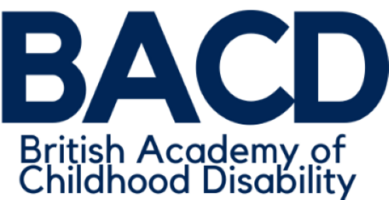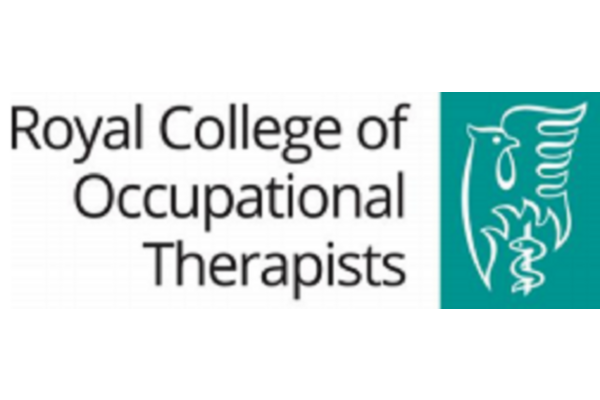The top 10 priorities for occupational therapy research in the UK have now been identified:
- How does occupational therapy make a difference and have impact on everyday lives?
- How can occupational therapists ensure that person-centred practice is central to how they work?
- How can occupational therapists work more effectively with the family and carers of people who access services?
- What are the long-term benefits of occupational therapy intervention?
- What are the benefits or impact of occupational therapy in primary care settings? (e.g. services delivered by your local general practice surgery, community pharmacy, dental and optometry (eye health) services)
- How can occupational therapy services be more inclusive of both mental and physical health?
- What is the role of occupational therapy in supporting self-management? (e.g. helping people with illness to manage their health on a day-to-day basis)
- What is the role or impact of occupational therapy in reducing hospital admissions?
- How can occupational therapists work most effectively with other professionals to improve outcomes for people who access services? (e.g. multi-disciplinary teams, commissioners, community agencies)What is the cost-effectiveness of occupational therapy services?
Watch Dr Jo Watson, RCOT Assistant Director – Education and Research, talk about why these priorities are so important for setting the future direction of research for occupational therapy in the UK.
For more information about the occupational therapy priority setting partnership, visit the RCOT website.



